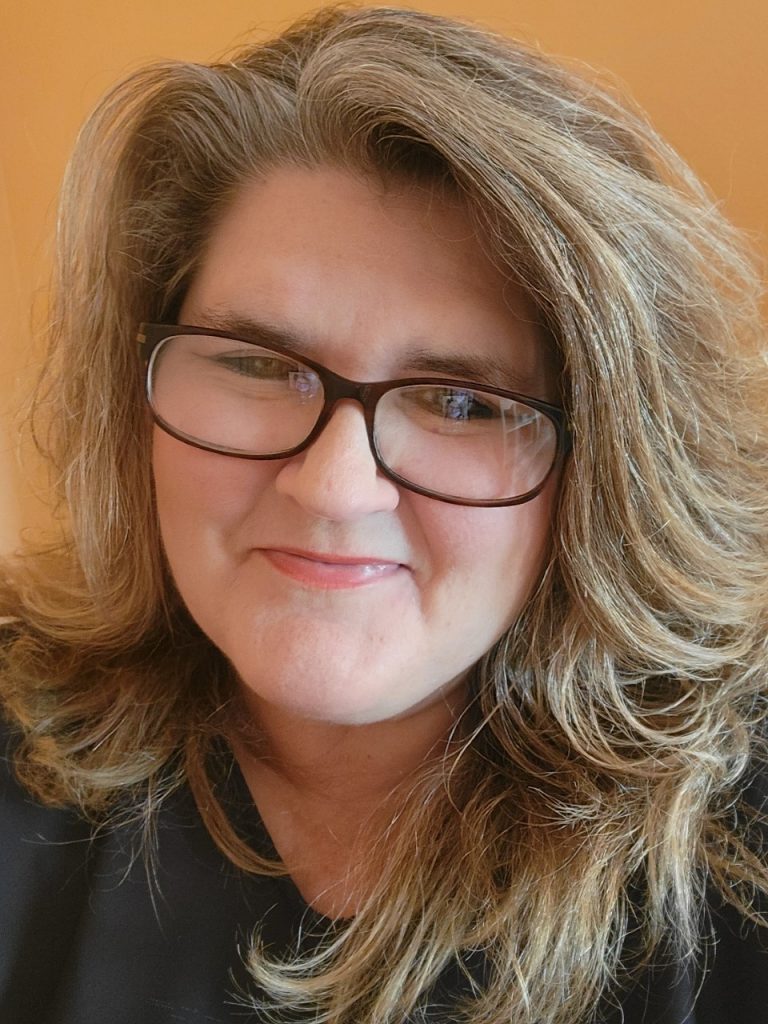Home / News & Events /
How to be a safe space for someone

Have you noticed that people are brimming over with anger lately? One of the reasons for this is that we’ve bottled up too much emotion. Instead of dealing with our emotions, we’ve developed a tendency to just stuff them away. We bite our tongues, choke back tears, stifle sobs, and try to suppress every outward show of emotion because we want to be “strong.”
The problem is that all those pent up emotions don’t just go away. Instead, they just keep accumulating, and we can only bottle things up until our bottles get full. There usually comes a day when, without much provocation, our bottle overflows – often in the form of an angry outburst.
But let’s back up. Why are we holding everything in? Is it because we think we’ll seem weak if we cry or admit that we’re struggling? Is it because we are afraid people will think we’re dramatic? Is it because we don’t know who we can trust? Is it because we think we should just be able to handle it? Or that we’re afraid we’ll be judged? Yes. It’s all of these!
So let’s become part of the solution. Let’s revisit the lost art of human connection, deep conversations, and bonding. Everyone needs a safe space to share what’s on their hearts, and, unfortunately, this isn’t easy to find. Here are seven ways you can help heal our society, one hurting heart at a time, simply by becoming a safe space for others.
#1) Connect with People – Start by just noticing people. Strike up conversations at work, at home, on the bus, in the hospital waiting room, or wherever you encounter other people. Don’t be creepy about it – just make some good old-fashioned small talk. Ask the cashier if they’ve had a busy day. Ask the waitress what she recommends on the menu. Roll your window down and tell your neighbor their new landscaping looks really nice! Pop in your co-worker’s office just to say hi. Smile and tell someone it’s fine if they want the seat next to you. It’s even ok to talk about the weather! Amid a downpour, I love to jokingly ask others if they think it will rain. But avoid striking up random conversations about politics or controversial issues – it’s better to start with neutral topics. Smile a lot and throw in some humor when possible. Try not to come across as fake or sketchy. Just be genuine and pleasant. And it’s ok to keep it brief – pressuring someone to talk too long can be awkward and they will avoid you in the future. But the more brief encounters you have, the more comfortable the person will become with you.
#2) Ask People How They Are Doing — While this seems overdone and clichéd, it’s very effective. The trick is to ask the question like you mean it. Ask with sincerity, focus on the person, and wait for their answer. Some people will immediately begin to open up and talk, while others are more guarded and might avoid eye contact. It’s ok to nudge, but don’t push too hard. If they tell you anything personal, build on that next time you see them: “Hey, how’s your daughter doing now?” “Are you feeling any better? You had a bad cold last time I saw you.” “Has this been a better work week for you?”
#3) Let Others Know You Care – Circling back around to previous conversations helps people know that you care. So does simple kindness. Let your facial expressions and body language convey unconditional positive regard. In other words, let people know that you still care about them, even when they’re not at their best or even if they’ve made a huge mistake. Don’t act like taking time to talk is inconveniencing you. Give them your undivided attention when possible. And if someone seems to be struggling, tell them that you’re willing to listen if they ever need to talk. One day, I apologized to my boss for venting and she replied, “It’s ok. I’m a safe space for you.” That really resonated with me. In that simple statement, she let me know that it was ok to have feelings, that there was no judgment, and that I could trust her to be confidential.
#4) Keep it Confidential – Don’t betray people by repeating things they say to you. People are hesitant to open up in the first place, often because someone they trusted in the past was a blabbermouth. If you want to be part of the solution, be trustworthy. If you tell someone you won’t repeat what they say, don’t. Even if they didn’t specifically tell you not to repeat it, use discretion. Don’t gossip and don’t throw anyone under the bus.
#5) Don’t Give Advice – It’s generally best not to tell other people what to do. Even if they come to you trying to figure out what to do about a certain situation, it’s better for you to just let them talk through their options until they arrive at their own decision. People don’t generally go looking for someone to tell them what to do – we go looking for someone who will just let us talk through the pros and cons, the questions, the scenarios, the feelings. If they do persist in asking, “What do you think I should do?” respond with: “What are you hoping I will say?” Their answer to that question might guide them to a conclusion about their situation.
#6) Be a Good Listener – Sadly, good listeners are hard to find. Being an active listener isn’t difficult, but it does take conscious effort. We are so easily distracted, and we’re usually busy multi-tasking. Active listening just simply entails giving someone your full attention, making eye contact, focusing on what they’re saying, and trying to understand. Nod your head, lean toward the person, don’t cross your arms, and try not to let your attention stray. Give them your full attention and focus. Don’t interrupt – let them say what they need to say. Remember, sometimes we all just need to vent and get things off our chests.
#7) Show Compassion Instead of Judgment – Humans all around you are bottling up their emotions because they don’t know who it’s safe to talk to. We’re all afraid of being judged, and this is a justifiable concern since there is so much judgment in our society. In whatever way comes natural for you, let the other person know that you are not going to judge them. Let them see compassion in your eyes and hear it in your tone of voice.
Our world needs to heal. We have a lot to process, and we can only do it in safe spaces. A few moments being a safe space for someone could prevent an angry blowup at a family dinner table, salvage someone’s career, or even save a life. Thank you for learning to be a safe space for others.

Julie Bailey is a Licensed Clinical Professional Counselor in Illinois with a master’s degree in Clinical Mental Health Counseling. She is currently the Clinical Manager of Outpatient Therapy Services at Centerstone locations in Southern Illinois.
